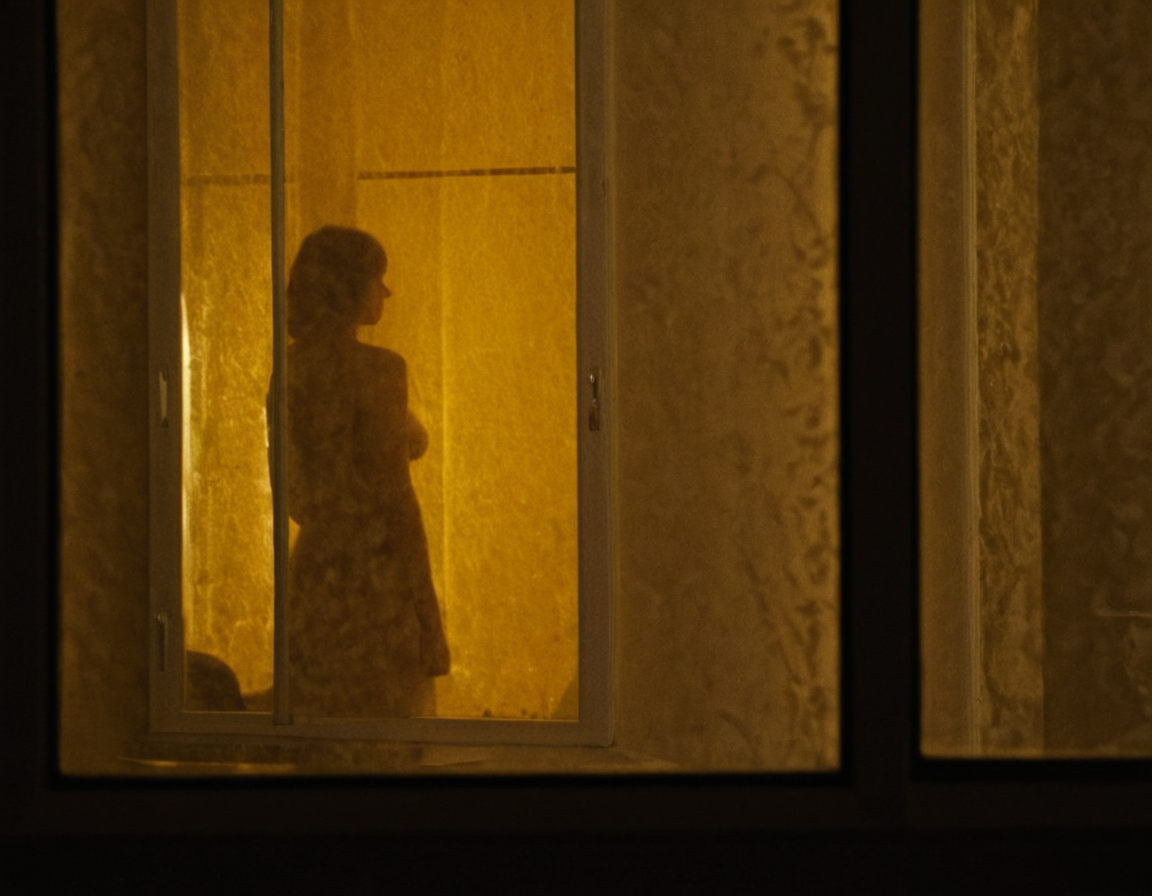Exploring Voyeur Fiction's Impact on Society

Unpacking the Cultural Significance of Voyeur Fiction: How it Reflects and Shapes Our Society
Introduction
Voyeur fiction, a genre often associated with sensationalism and exploitation, has long been a subject of debate among scholars and critics. However, beneath its surface-level titillation lies a complex web of themes and motifs that warrant closer examination. This article seeks to delve into the cultural significance of voyeur fiction, exploring how it reflects and shapes our society’s values, norms, and power dynamics.
The Psychology of Voyeurism
At its core, voyeur fiction often revolves around the concept of surveillance and control. The protagonist, frequently a passive observer, is granted access to intimate spaces and situations, allowing them to exert a degree of power over others. This dynamic raises important questions about consent, agency, and the exploitation of vulnerable individuals.
One notable example of this can be seen in the works of authors like Anaïs Nin, whose semi-autobiographical novel “The Lathe of Heaven” explores the psychological implications of voyeurism on both the observer and the observed. Through Nin’s writing, we witness a nuanced exploration of the blurred lines between observer and participant, highlighting the devastating consequences of unchecked desire and control.
The Representation of Power Dynamics
Voyeur fiction frequently serves as a vehicle for exploring power dynamics, particularly in relation to issues of consent, class, and privilege. By presenting characters who are complicit in their own exploitation, these works challenge societal norms around victimhood and perpetuate the notion that those in positions of power will stop at nothing to maintain their grip on control.
A critical examination of the film “Basic Instinct” serves as a prime example of this. On the surface, the movie appears to be a titillating exercise in eroticism, but upon closer inspection, it reveals itself to be a scathing critique of toxic masculinity and the ways in which societal expectations can lead individuals down a path of destruction.
The Impact on Society
The cultural significance of voyeur fiction extends far beyond its own narrative confines, influencing the way we think about issues like consent, exploitation, and power. By presenting complex, often disturbing scenarios, these works force us to confront our own complicity in perpetuating societal norms that prioritize the desires of the powerful over those of the marginalized.
In conclusion, the cultural significance of voyeur fiction cannot be overstated. Rather than serving as a mere indulgence or titillation, this genre offers a critical lens through which we can examine the darker aspects of human nature and the ways in which our society perpetuates exploitation and control. As such, it is crucial that we approach these works with a critical eye, recognizing both their value as a reflection of our society’s values and their potential to shape our understanding of the world around us.
The question remains: what does your relationship with voyeur fiction say about you?
Tags
cultural-significance-fiction voyeurism-psychology society-norms power-dynamics-literature exploitation-study
About Fernando Sanchez
As a seasoned editor for voyeurpicture.com, I've had the privilege of curating intimate stories and images that spark desire. With a background in photography, I've always been drawn to the intersection of art and intimacy. Let's dive into the forbidden, the seductive, and the unspoken – where every story feels like a secret whispered in your ear.
